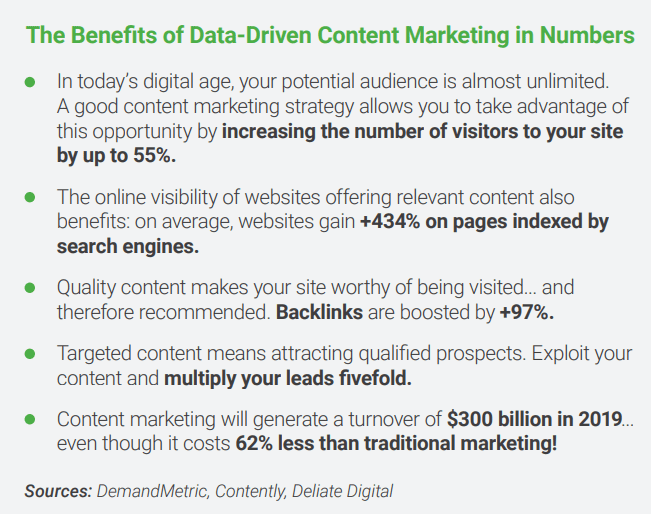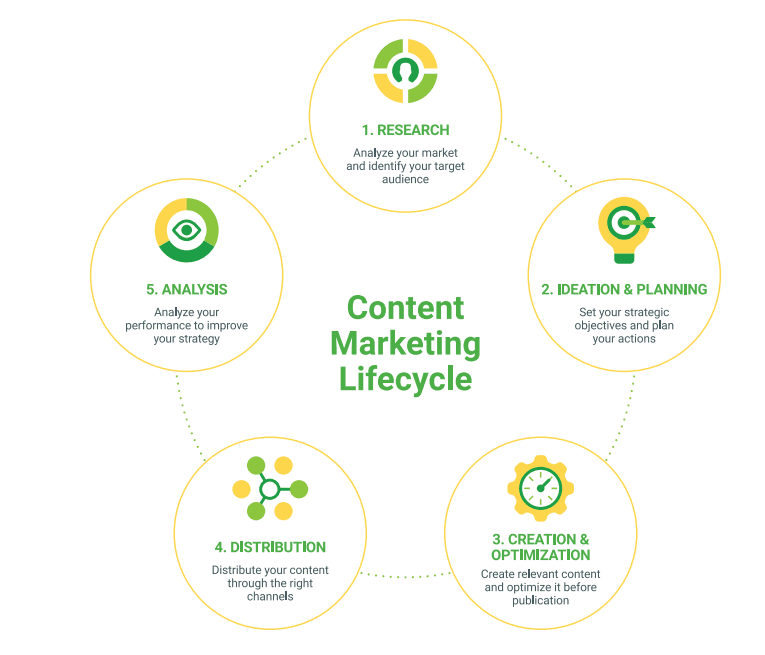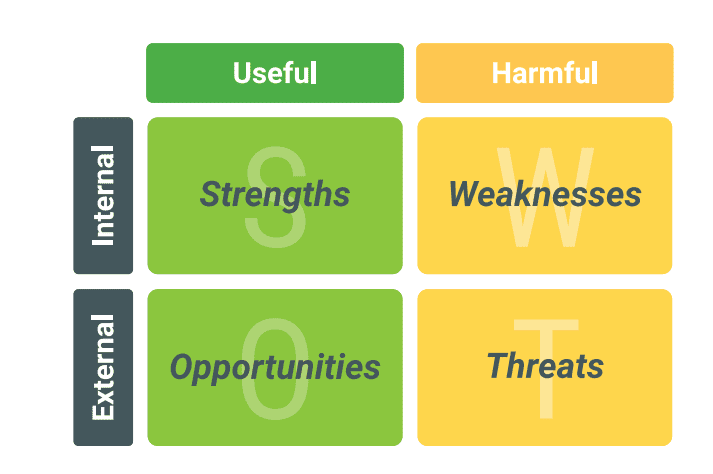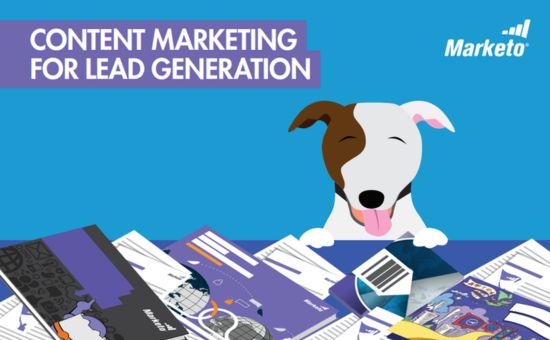Practical Guide to Data-Driven Content Marketing | SEMrush
Content Marketing
A data-driven approach to content marketing is not easy and faces some challenges such as:
- Gathering data as it takes a lot of time.
- Big data is hard to prioritize and analyze.
- Data is usually scattered over different tools, documents, and reports, and this prevents you from seeing the full picture.
This data-driven content marketing guide is to help marketers develop and refine content marketing strategy based on trustworthy data step-by-step.
What Is Data-Driven Content Marketing?
Content marketing encompasses an entire strategic process. As it is deployed at all stages of the user journey. In order to achieve all of the steps in your content marketing such as: Attracting visitors, identify prospects and turn them into customers, finally, build their loyalty and integrate them into your community, you need to concentrate on the main goal which is bringing value to your audience.
Data analysis helps you at every step of the content life cycle:
- Researching and planning content: It helps you develop the right strategy and that includes your target audience and market analysis, plan your activities and define your goals.
- Creating content: It helps to create content for selected which will contribute to your website’s overall visibility along with answering your audience’s questions.
- Distributing content: It helps with discovering the right channels in order to connect with your target audience
- Tracking content performance: It helps you to assess the effectiveness of your efforts, tests different approaches to your target audience along with choosing the approach that best allows you to achieve your goals and this is by bringing value to your target audience.
“A data-driven content marketing strategy can make all the difference in the world to your success. In fact, you need data if you want to be able to stand out from the crowd and your competitors. Data can tell you a lot of things that will improve your strategy and your content,
from knowing where your audience spends their time online to learn exactly what kind of content they consume, what keywords they use the most, and much, much more. Plus, the more you learn about your audience and their needs and preferences, the easier it will be to create personalized marketing campaigns and personalized content so that you can ultimately convert more people, faster.” Lilach Bullock, Lead Conversion Expert, Speaker, Content Marketing and Social Media Specialist
The Benefits of Data-Driven Content Marketing in Numbers

The Content Marketing Cycle:
Of course, setting up an effective content marketing strategy takes planning. Successful content marketing follows a precise, step by step methodology, which is composed of five key stages which are: Research, Ideation & planning, creation & optimization, distribution, analysis.

When it comes to the first stage which is research, Ian Cleary, Founder of RazorSocial and Marketing Keynote Speaker says: “The most demanding part of a content marketing lifecycle is the research upfront. I like to plan out my content in advance and during the research, I need to:
• Identify/update the personas of the people I want to target;
• Research the competition;
• Research keywords/topics;
• Map out all the content for months in advance;
• Map out our lead generation process to generate leads through our content;
• Define the promotion strategy for content;
This work takes a lot of time upfront but it makes a content marketers’ job a lot easier.”
The SWOT analysis (Strengths, Weaknesses, Opportunities, and Threats) is ideal for this first stage.

Download the full “Practical guide to data-driven content marketing” guide and take a closer look at all the tips and tricks.
The Table of Content of “Practical Guide to Data-Driven Content Marketing”:
- Introduction
- Who is this guide for?
- What is data-driven content marketing?
- Content marketing cycle
- Research: Analyse your market and your competition
- Research: Identify your target audience
- Planning: Set your content marketing strategy goals
- Planning: Plan your actions
- Creation: Create relevant content
- Distribution: Distribute your content on the right channels
- Performance: Analyze your performance to improve your strategy
- Conclusion
Number of Pages:
- 43 pages
Pricing:
- Free

SEMrush Software
Benefits:
- Manage your SEO, Advertising, Content, and SMM.
- Develop perfect content and advertising strategies.
- Get insights into your competitors’ strategies in display advertising, organic and paid search, and link building.
- See competitors’ best keywords.
- Uncover Your Competitors’ Ad Strategies and Budget.
- See top publishers and advertisers.
- Conduct a deep link analysis.
- Find the right keywords for SEO and PPC campaigns.
- Define your product listing ads competitors.
- A free trial for 7 days is available.
Services & Features:
- SEO
- Advertising
- Social Media
- Content
- Competitive Research
- Reporting & Management
Pricing:
- Pro - $99.95 monthly
- Guru - $199.95 monthly
- Business - $399.95 monthly






